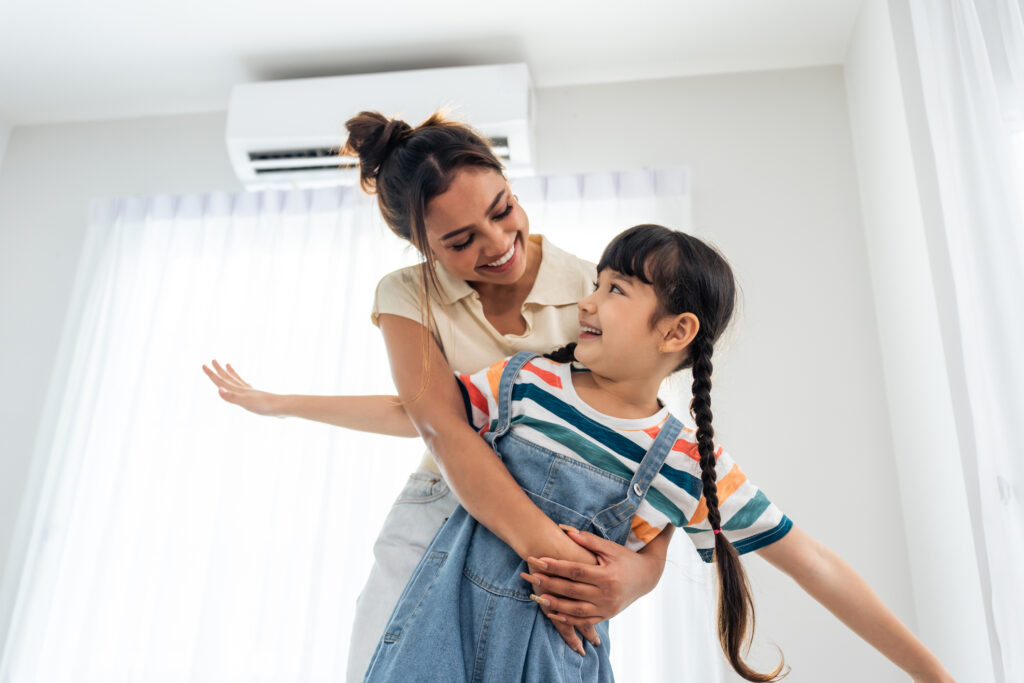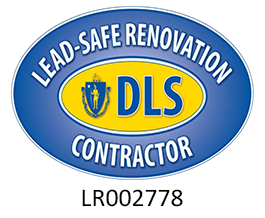Air conditioning does a stellar job of providing sweat relief from summer’s heat and humidity. But what if your home isn’t equipped with AC? Or you have an older system that’s ready to be put out to pasture after years of faithful service?
If you’re looking to install or replace an HVAC system, it’s nice to know all your options so you can select the system that can efficiently cool (or heat) your home and keep you comfortable. If you haven’t considered a heat pump before, read on to learn why heat pumps are rapidly increasing in their presence in homes across the country.

What Is a Heat Pump?
A heat pump is an energy-efficient, all-in-one heating and cooling system. An alternative to traditional furnaces and air conditioners, heat pumps provide both heating and cooling with electricity and heat transfer, moving heat from one place to another. In the summertime, they extract heat from inside your home and move it outside. Come winter, they absorb ambient heat from the outdoors and transfer it inside.
Air Source Heat Pumps
Air source heat pumps sit outside the home and use an internal ducting system much like a traditional HVAC system. When switching from an electric or gas-fueled furnace to a heat pump, parts of the existing installation can often be re-used. They are very effective during mild weather, but additional heating may be required when the temperature regularly drops below 25 degrees Fahrenheit.
Ductless Systems
Like air-source heat pumps, ductless systems (also called mini-splits) have a condenser unit outside paired with a wall-mounted air handler that has a fan inside similar to air conditioners. Usually, the latter is fitted high up near the ceiling. A handheld remote control is used to change settings.
The ducting that causes some heat loss in other systems isn’t necessary, so installation is generally more straightforward. The ductless feature makes it a popular choice for room additions, basement or attic conversions, or in homes where duct installation is not possible or cost prohibitive. The amount of square footage a ductless system can condition depends on the unit used; several units might be necessary to cover an entire house.
Heat Pump Benefits
- Better energy efficiency. Heat pumps are made to be highly energy efficient, whether in heating or cooling mode. They typically output three to four times more energy than they consume, so they use electricity very efficiently. Plus, they don’t rely on fossil fuels to deliver heat. But as with any HVAC system, heat pumps need proper maintenance to maximize savings.
- Year-round comfort. Probably the biggest selling points for heat pump systems is that they can provide year-round home comfort. Rather than needing to install and upkeep of two systems, you only need to have a professional service one.
- Space-saving. Not only does the smaller footprint of the indoor unit save valuable space, but you also free up even more when you have one system taking the place of two.
- Longevity. Air-source and split-ductless last an average of 15 years, though it is not uncommon for them to last more than 20 years.
Is a Heat Pump Right for You?
No matter how impressive a system sounds, you want to make sure that it suits your household’s needs and budget. Contact Pann Home Services & Remodeling for a home comfort analysis and new system proposal.









